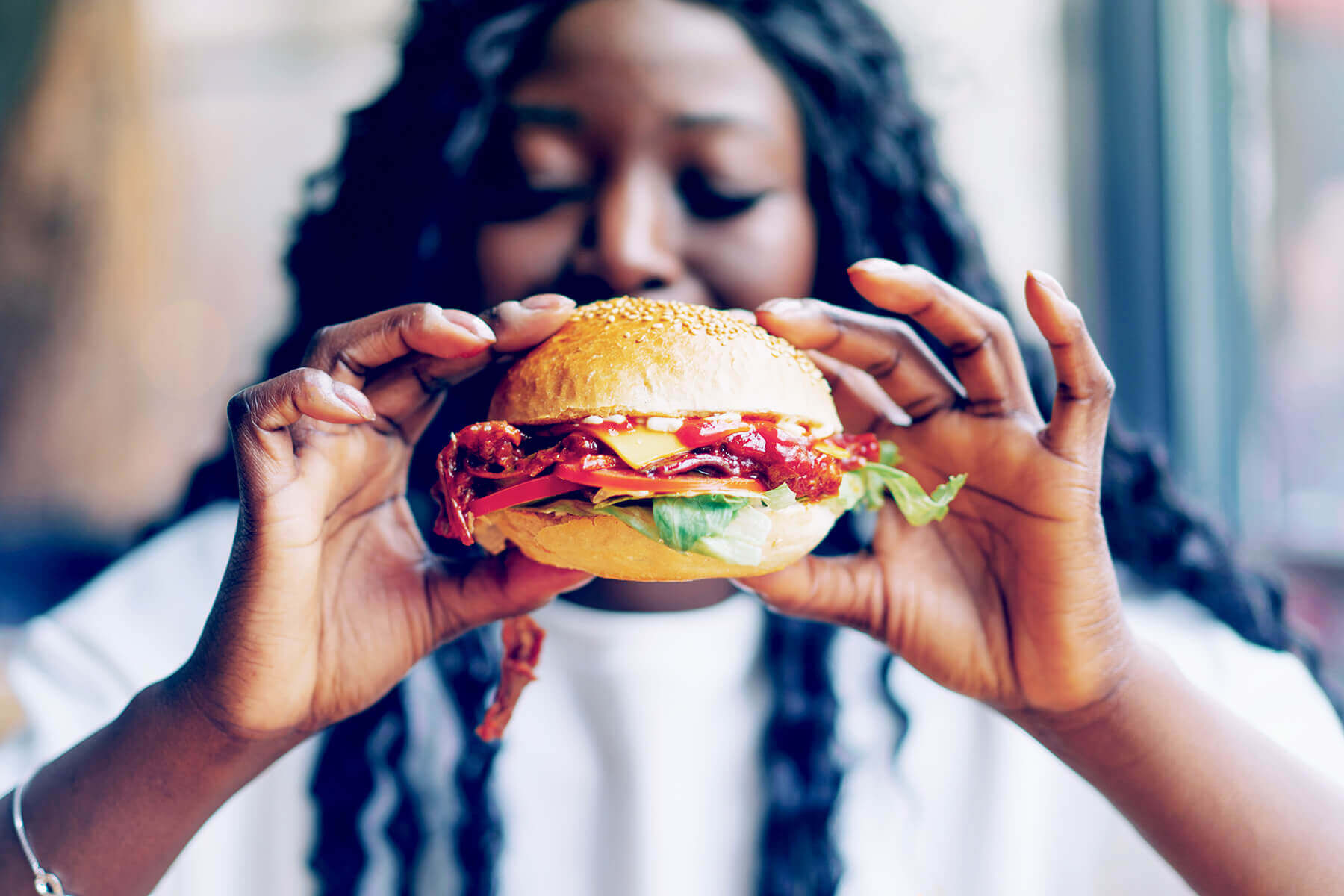It is not uncommon to hear that taking a break from your diet for short periods of time can enhance your fat loss by boosting your metabolism and providing you with a psychological break, thus allowing for greater adherence to your diet. However, recent evidence suggests that diet breaks may not be as effective as we once thought.
Overview
What did they test? The authors examined the effect of a pre-planned diet break on body composition and resting metabolic rate.
What did they find? The diet break group lost the same body fat as the non-diet group, which dieted continuously. Additionally, the diet break group did not experience any increases in their resting metabolic rate.
What does it mean for you? Diet breaks may not be as important for a successful fat-loss phase as previously thought, although they can still be a valuable tool for people looking to improve their body composition.
What’s the Problem?
Dieting for long periods can decrease muscle mass and lower resting metabolic rate 1. Although losing weight is as “simple” as eating fewer calories than your body requires, maintaining a calorie deficit over time can be tricky, especially for those who are inexperienced with the potential hurdles that are associated with a long fat-loss phase. The combination of physiological and psychological effects from eating in a calorie deficit for long periods can often make it difficult to sustain a fat-loss diet, often resulting in people terminating their diet and even regaining plenty of the weight they had managed to lose.
You may have heard people say that “the best diet is the one you can stick to,” which is mostly true, especially in the context of fat loss. Figuring out ways to adhere to a calorie deficit while training hard enough to maintain as much muscle mass as possible will probably be more important than the exact macronutrient composition of your diet, the timing of meals or how much cardio you will perform. Now, I am not saying that the previous variables are unimportant, but rather that they’re secondary to sticking to a calorie deficit for prolonged periods.
A strategy that has been used in and out of the literature before to offset some of the potential physiological and psychological consequences of being in a calorie deficit for long periods are ‘diet breaks’ 2. Diet breaks, as the title suggests, involve periods during an energy-restricted diet where one takes a break from their diet and consumes calories roughly equating to maintenance calories, giving them a psychological and potentially physiological break from the calorie deficit they had been adhering to.
Diet breaks have been used in the literature in a plethora of contexts, from studies looking at obese individuals to physique competitors 3, but many of the current available studies used relatively extreme forms of energy restriction (e.g., alternate-day fasting) followed by days of “free eating,” approaches that do not necessarily resemble the implementation of diet breaks in our “field.” Additionally, many practitioners often heavily focus on the potential physiological benefits of diet breaks, sometimes also used to justify “cheat days” and “refeed days,” claiming that implementing diet breaks is crucial for one’s metabolism during a fat loss phase and that diet breaks will result in greater fat loss as a result of the body “resetting” from any temporary physiological “damage” that has been caused by the calorie deficit.
However, although some potential psychological effects of diet breaks, the current literature is not exactly crystal clear when it comes to the physiological effects of diet breaks 4. This new study by Siedler et al. comes to help clear some of that confusion as it looks at diet breaks and their effects on body composition and resting metabolic rate in trained females!
Purpose & Hypothesis
The study aimed to explore the effects of a diet break versus continuous dieting during 6 weeks of energy restriction (25% below maintenance) on body composition, resting metabolic rate, hunger, and eating behavior in resistance-trained females. The authors did not formally state a hypothesis.







